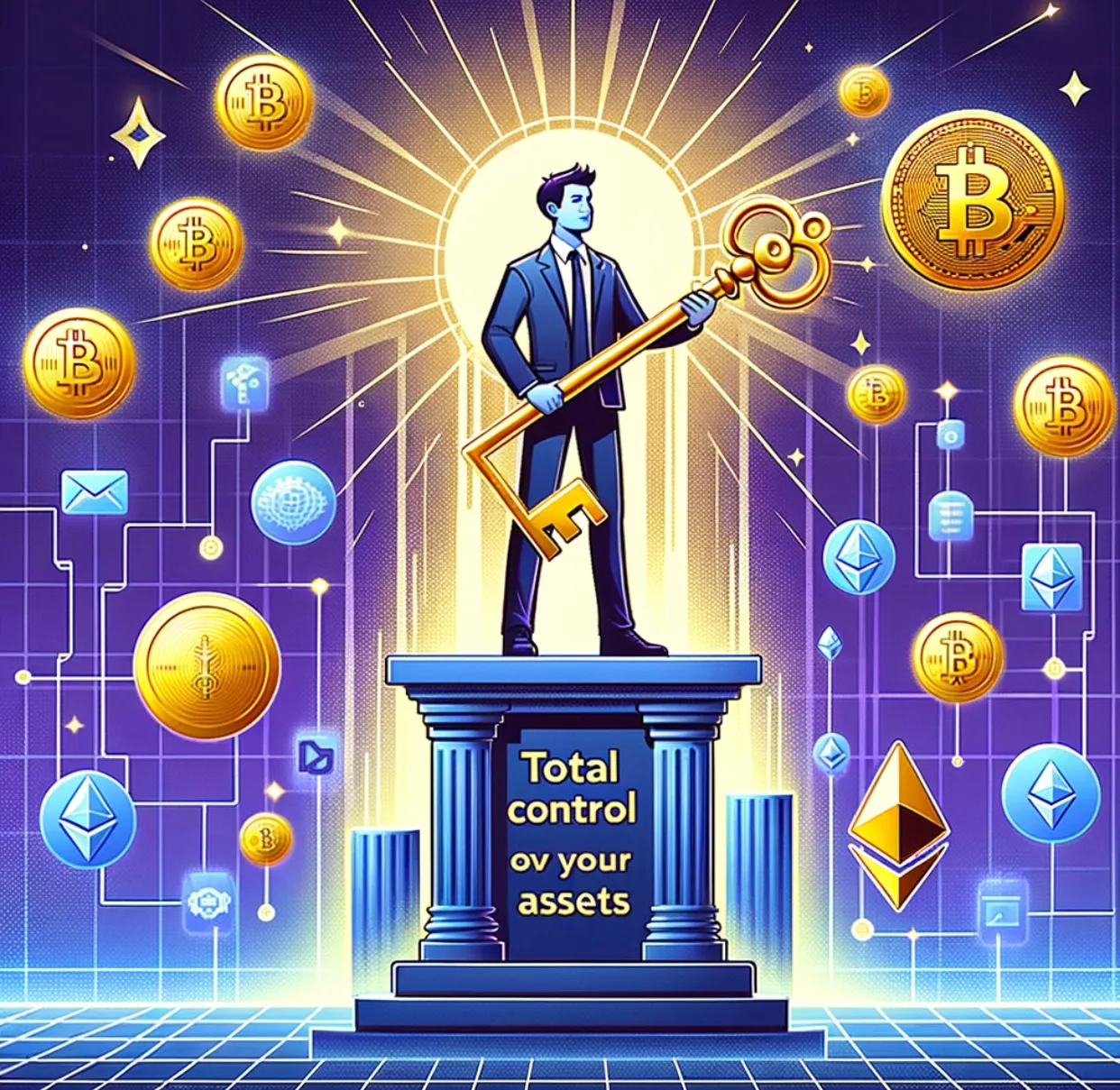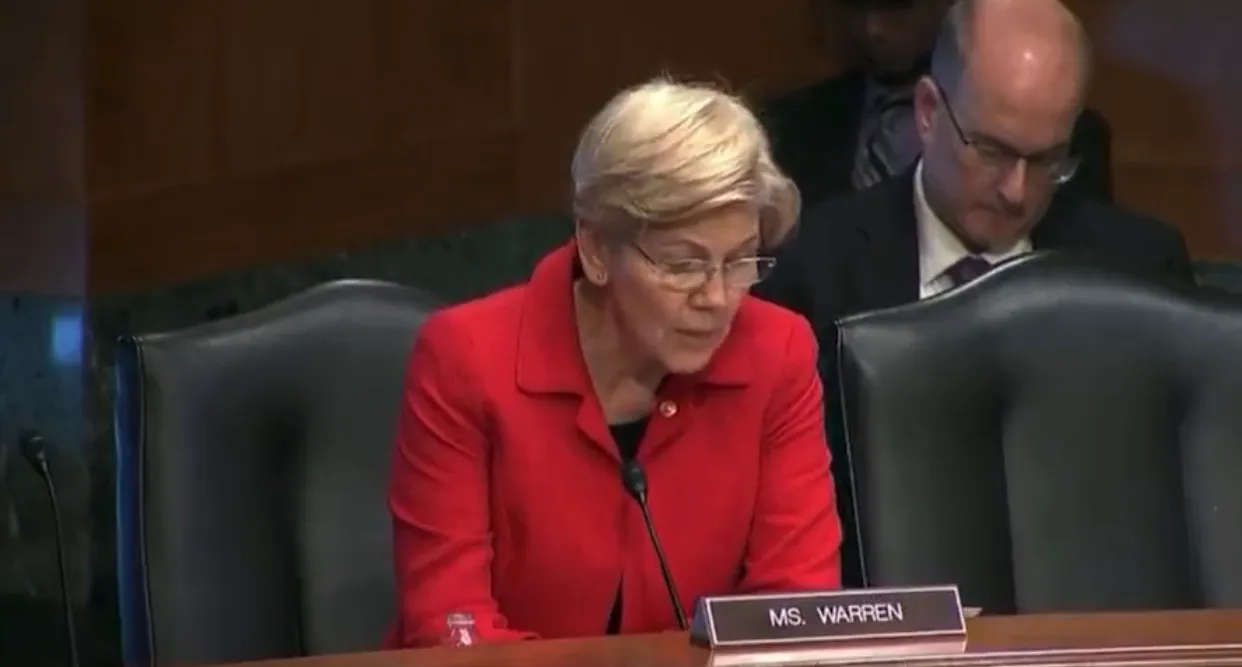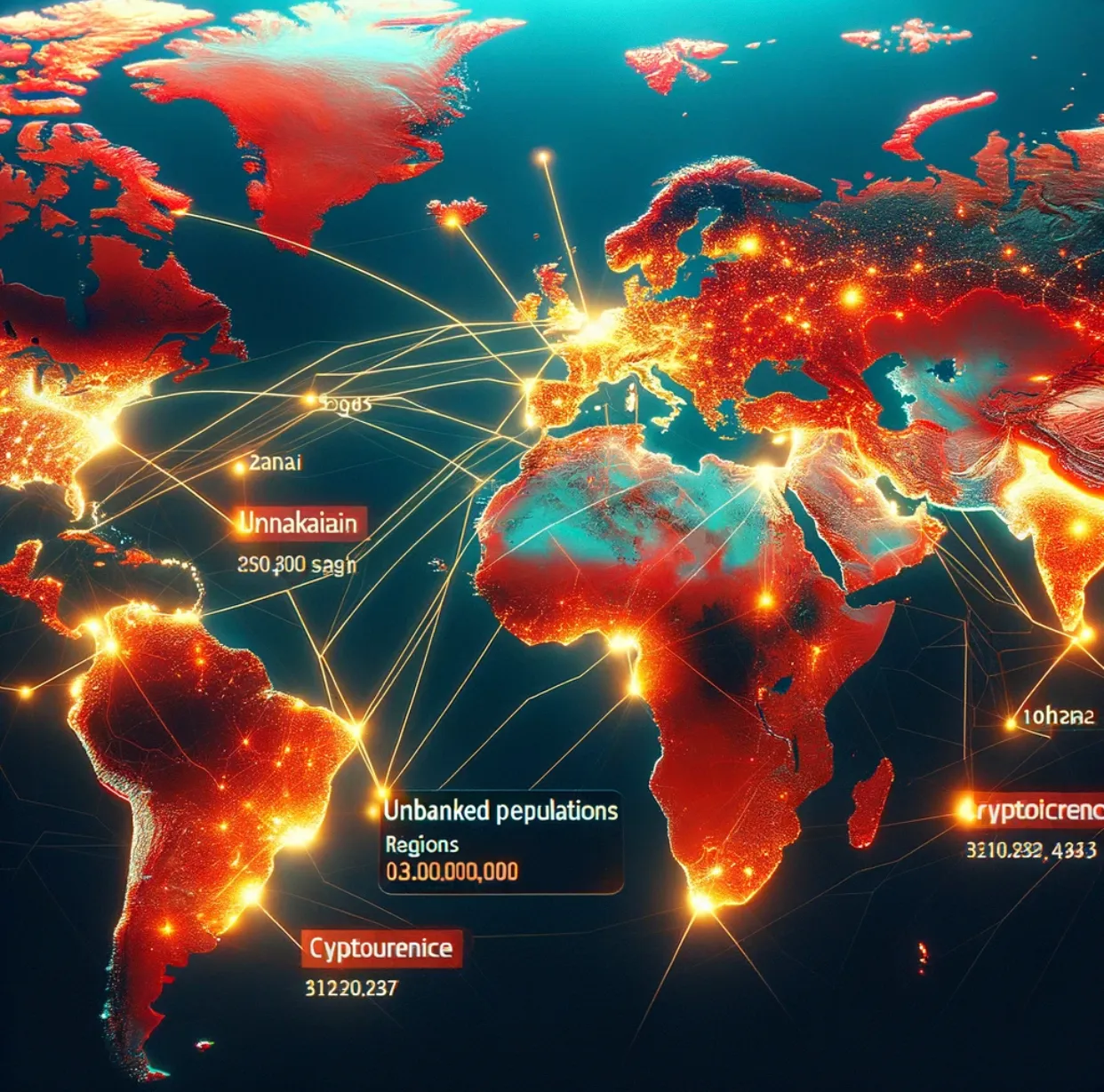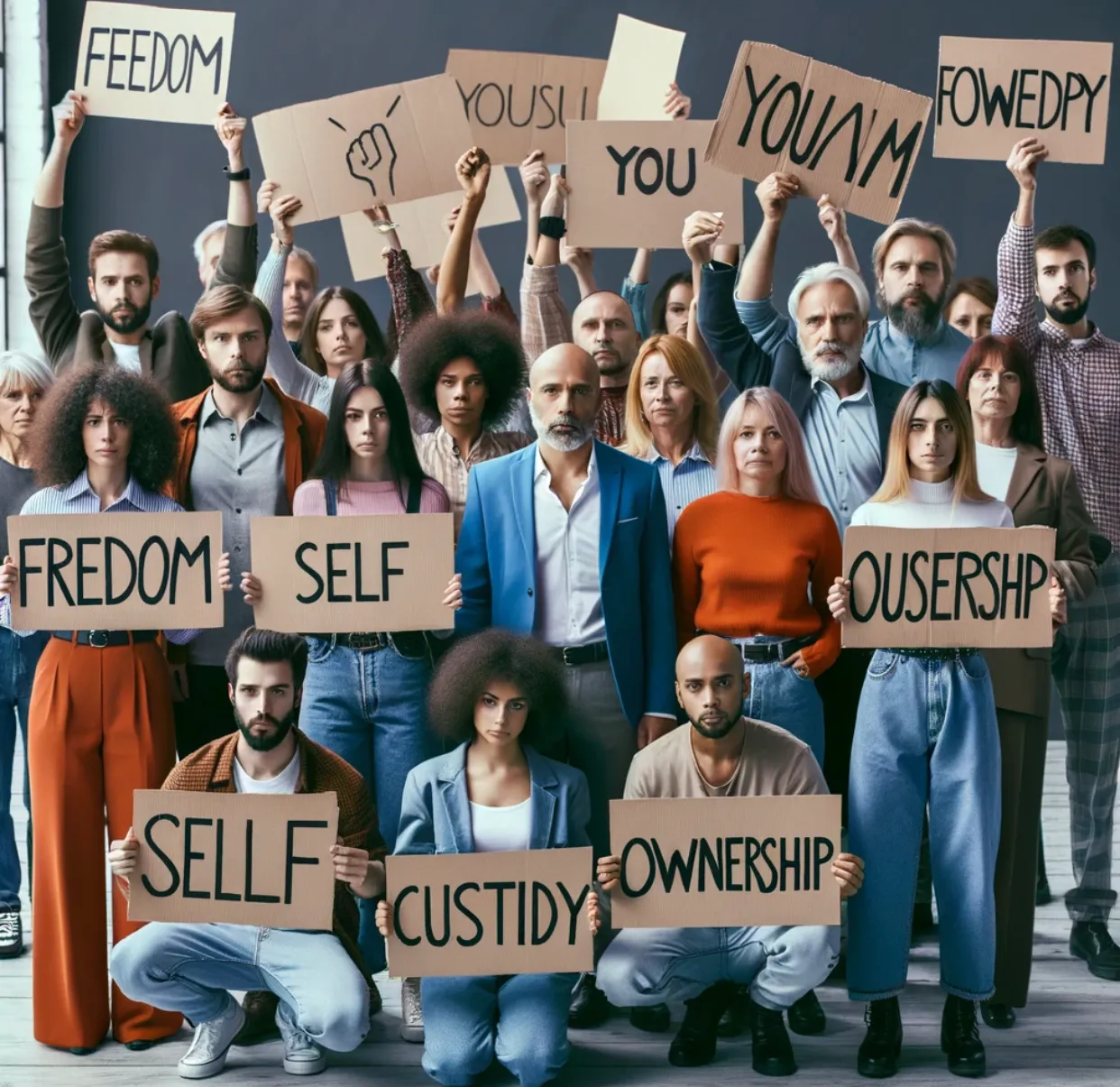The essence of self custody

Imagine thinking it should be illegal to hold your own money. In a world that prides itself on liberty and the pursuit of personal freedom, it's baffling to witness outright propositions against self-custody in crypto.

This morning, the news hit crypto Twitter like a ton of bricks; Senator Elizabeth Warren expressed her desire to make self-custody illegal. Hold on a minute; let's unpack that for a moment.
Self-custody, the cornerstone of cryptocurrency and blockchain, is the ability for individuals to have full control over their own assets. Unlike traditional financial systems where intermediaries are a given, cryptocurrencies emerged to challenge this status quo, offering a pathway to financial sovereignty.
But here we are, with a proposal that aims to rip the heart out of the very essence of what makes cryptocurrencies revolutionary. The argument from the Senator stems from a place of fear - fear of the unknown, fear of change, and perhaps fear of losing control. The traditional financial ecosystem, with its myriad of intermediaries, has always operated under the guise of protecting the consumer. Yet, we've seen time and time again how this "protection" can morph into control, hindrance, and at times, financial censorship.
Impact on the unbanked

The proposition to outlaw self-custody is not just an attack on cryptocurrencies; it's an attack on the fundamental right to own and manage personal assets without undue interference. This isn't merely about digital assets; it's a conversation about financial freedom and personal liberty.
Now, let's tread down the path of this proposed outlaw for a moment. Imagine a world where you're stripped of the ability to manage your own assets. Your financial decisions, big or small, would necessitate the approval, or at least the involvement, of a third party. This isn't a far-fetched dystopian narrative; it's a reality that's knocking at our doors.
Furthermore, this proposition unveils a stark ignorance or disregard (or perhaps both) for the benefits that self-custody brings to the table. It's not just about evading third-party fees or the sluggishness of traditional financial systems; it's about inclusivity and empowerment. Cryptocurrencies have been instrumental in providing financial services to the unbanked and underbanked populations around the globe. Self-custody is the linchpin that holds this inclusive financial ecosystem together.
Stifling innovation

Moreover, making self-custody illegal could potentially stifle innovation. The crypto space is a hotbed for groundbreaking developments that could redefine the financial landscape. But with proposals such as these, the message sent to innovators and developers is clear: conform to the traditional or face the wrath of the law.
The irony is palpable. In a bid to protect, we risk becoming oppressors. In a bid to maintain control, we risk suffocating innovation and financial freedom. The narrative surrounding self-custody isn't just a crypto narrative; it's a human narrative. It touches on the broader themes of trust, autonomy, and the kind of financial world we envision for ourselves and the generations to come.
Senator Warren's proposition is a wake-up call to the crypto community and beyond. It's a stark reminder that the path to financial sovereignty is laden with hurdles, some of which are erected by those sworn to represent our interests.
Demands our action not reaction

As we venture deeper into the digital age, the discourse around self-custody and financial freedom is one that will shape the contours of our financial reality. It's a discourse that demands our attention, our understanding, and our action.
We must stand united in the face of such propositions that threaten to undermine the core values of cryptocurrency and blockchain. The dialogue must continue, the education must proliferate, and the resolve to foster a financial ecosystem that's inclusive, autonomous, and innovative must remain unwavering.
In a world where you work for your own money and earn it, I think you have the right to keep it how and where you want not where one is told. I can’t imagine a world where people are forced to keep their money in the bank in a country like Nigeria where the govt can confiscate one’s funds at whim.
The talk of banning self-custody isn't just a misguided shot in the dark; it's a glaring indication of the clash between the old and the new, between control and freedom. And as we stand at this crossroad, the path we choose to tread will define the legacy of our generation in the annals of financial evolution.
Thanks for reading. Kindly share your thoughts in the comment section.
images were generated with ai